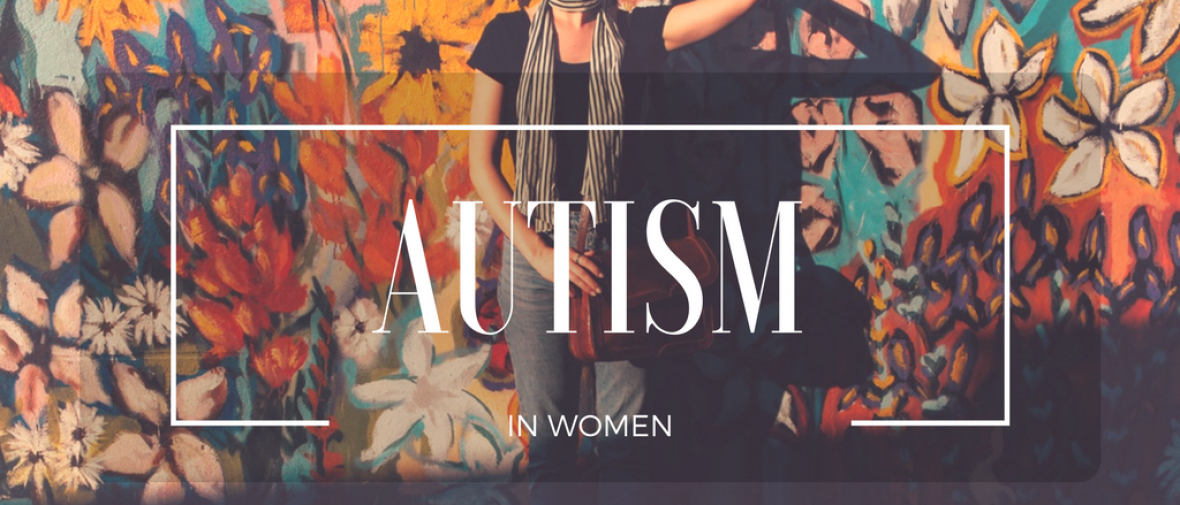“Oh you have autism? What meds are you on?”
“My son is really good at math and is a picky eater, is he autis tic?”
tic?”
“Did you get it from a vaccine?”
“Maybe my kid will just grow out of it…”
“But she doesn’t LOOK autistic!”
And my personal favorite: “are you sure?”
These are just a few examples of fairly common responses from well meaning friends and family who learn of a person’s autism diagnosis. Innocuous as they may appear, these are indicators of the lingering social ignorance that surrounds autism.
Imagine being born with an extra thumb on the outside of each hand. You might struggle with learning how to hold your bottle or navigate toys made for two thumbed children as you grew older, or you might naturally adapt to the world around you and never fully realize the social impact of your abnormality until entering school or playing with groups of other typically developing children.
Imagine again that you find there are others with extra thumbs, some of them functional and some not, and you realize you were fortunate in that your abnormality turned out to benefit you in unexpected ways. Though others with the “same” condition had different experiences, maybe you learned how to play an instrument using all 12 fingers and created a sound that had never been produced. Or maybe you were able to easily perform tactical maneuvers on machinery or dashboard equipment that others struggle with.
I don’t need to be “corrected” because I am not broken.
Autism has been much like an extra functional pair of thumbs for me and many others. It affects every part of my life, and causes a clear need for more effort to adapt in many areas in order to function more closely like my peers. However, the same abnormality has provided a few added abilities that I like to think of as my “superpowers”. My autistic experience has led to a lifetime no one could have expected.
There is no medicine or treatment for my autism, nor should there be. I don’t need to be “corrected” because I am not broken. Although I may require assistance in some areas, like meds to help with concentration or mood disorder, the point is to resolve things that impact MY quality of life.
An extra pair of thumbs means buying custom gloves or reprogramming a biometric sensor. Autism for me means wearing headphones when attending lectures because white noise helps me focus on spoken information.
When I can wear my headphones, use my stim rings, and work in uninterrupted blocks of time, I can add considerable value to the people and things around me. However, when I am forced to keep an inflexible schedule or work solely in a communal environment with constant verbal interaction and overstimulation, I may not even be able to perform as well as an average employee.
Just as I will adapt to your world, I hope the neurotypical world will soon begin to see the value in adapting to people like me.
Unfortunately, unlike an extra pair of thumbs, autism doesn’t present in a predictably similar way for everyone. In fact, it rarely (if ever?) looks the same between two people.
We truly are on a spectrum that sits entirely separate albeit parallel to neurotypical individuals.
What if Stephen Hawking was never provided a means of communication or regarded as an individual whose thoughts and opinions mattered? Imagine a world without Beethoven’s music! Or Helen Keller’s influential advocacy? I have a theory that nonverbal autistic men and women, or any others who require assistance in their every day lives for no other physical or mental disability explanation may simply be unable to demonstrate their “superpowers” because the neurotypical world has not yet caught up to them.
What if we stopped looking for ways to modify the autistic individual, and explored ways of adapting the neurotypical world to them? As technology continues to advance in an exponentially increasing pace, we owe it to ourselves and members of the community on the spectrum to research alternative modes of communication and executive functions.

